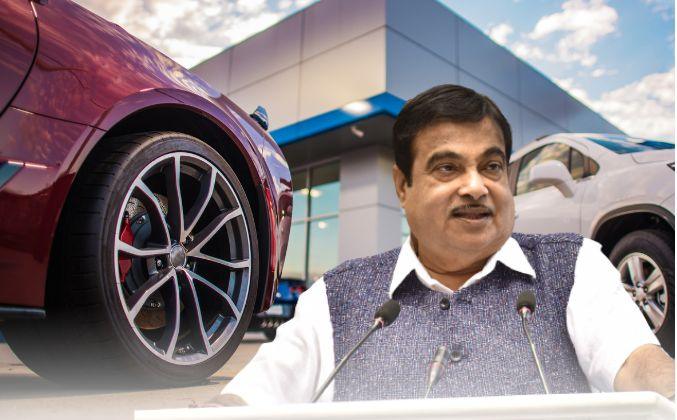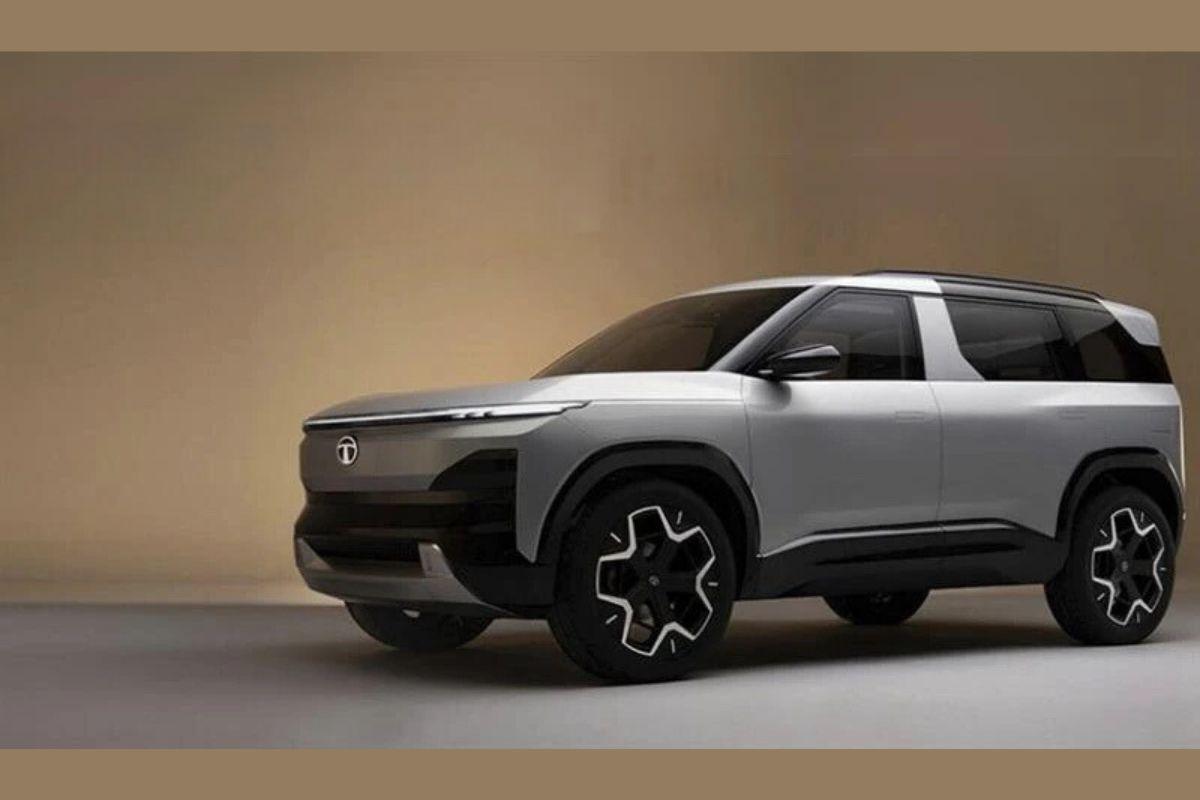Indian auto companies will produce 100% ethanol-run vehicles, offering a sustainable and cost-effective alternative to traditional fuel-powered cars. Learn about the benefits, challenges, and opportunities of this game-changing development.
In a groundbreaking announcement, Union Minister Nitin Gadkari has revealed that Indian auto companies will soon start producing 100% ethanol-run vehicles, both in the passenger vehicle and two-wheeler segments. This move is set to revolutionise the automotive industry, offering a sustainable and cost-effective alternative to traditional fuel-powered vehicles. As the world shifts towards cleaner energy solutions, this development positions India at the forefront of the global push for eco-friendly transportation.
The Rise of Ethanol-Powered Vehicles
Flex-Fuel Vehicles: The Future of Mobility
Flex-fuel vehicles, capable of running on a blend of ethanol and gasoline, have been gaining traction worldwide. Toyota recently introduced a flex-fuel propelled version of the Innova Hycross in India, showcasing its ability to cover 40% of its total running distance on ethanol and the remaining 60% on electric power, with the petrol engine shut off. This technology demonstration highlights the potential of flex-fuel vehicles to reduce emissions and offer a more sustainable driving experience.
Ethanol: A Boon for Farmers and the Environment
Ethanol, derived from sugarcane juice, molasses, and corn, is a renewable fuel that offers numerous benefits. It reduces pollution, saves costs, and provides a significant boost to farmers’ incomes. As the demand for ethanol increases, it will reshape India’s agricultural economy, transforming farmers from “annadata” (providers of food) to “urjadata” (providers of energy).

The Road Ahead: Challenges and Opportunities
Infrastructure Development
The successful implementation of 100% ethanol-run vehicles requires a robust infrastructure. Just as petrol pumps are ubiquitous, the government plans to establish ethanol pumps across the country, ensuring a reliable supply of the fuel. This investment in infrastructure will not only support the transition to ethanol-powered vehicles but also create new opportunities for businesses and entrepreneurs.
Collaboration and Innovation
The transition to ethanol-powered vehicles requires a collaborative effort from the government, automakers, and other stakeholders. Companies like Toyota, Tata Motors, and Suzuki are already working on producing 100% ethanol or flex-fuel engine vehicles. This collaboration will drive innovation and ensure that India remains at the forefront of the global shift towards sustainable mobility.
The Environmental Impact
Reducing Emissions and Combating Climate Change
Ethanol-powered vehicles offer a significant advantage in reducing greenhouse gas emissions and combating climate change. The use of ethanol as a fuel results in lower emissions of pollutants, contributing to improved air quality in communities. This shift towards cleaner transportation aligns with global efforts to mitigate the effects of climate change and create a more sustainable future.
Promoting Sustainable Development
The transition to ethanol-powered vehicles is part of a broader push towards sustainable development in India. The government’s commitment to reducing import dependency, conserving foreign exchange, and boosting the agriculture sector demonstrates its dedication to creating a more self-reliant and eco-friendly economy.
Addressing Common Concerns
Availability and Cost of Ethanol
One of the primary concerns regarding the adoption of ethanol-powered vehicles is the availability and cost of ethanol. However, the government has taken steps to address this issue. Oil Marketing Companies (OMCs) have signed long-term offtake agreements with 131 dedicated ethanol plants, which are expected to add an annual production design capacity of 745 crore litres. This investment in the ethanol industry ensures a consistent supply of the fuel at competitive prices.
Performance and Safety
Some consumers may be concerned about the performance and safety of ethanol-powered vehicles. However, the introduction of ETHANOL 100, a high-octane fuel with a rating between 100-105, addresses these concerns. This fuel is ideal for high-performance engines, ensuring improved efficiency and power output while maintaining safety standards.
Conclusion
The announcement that Indian auto companies will soon produce 100% ethanol-run vehicles marks a significant milestone in the country’s journey towards sustainable mobility. This transition offers numerous benefits, including reduced emissions, lower fuel costs, and increased income for farmers. As the government and automakers collaborate to develop the necessary infrastructure and innovative technologies, India is poised to become a global leader in the adoption of ethanol-powered vehicles.
By embracing this change, India not only contributes to the fight against climate change but also positions itself for long-term economic and social benefits. As we move towards a more sustainable future, the success of ethanol-powered vehicles will depend on continued investment, innovation, and public awareness. With the right strategies in place, India can lead the way in creating a cleaner, greener, and more prosperous automotive industry.
Discover more from RVCJ News Media
Subscribe to get the latest posts sent to your email.












1 thought on “Nitin Gadkari : Indian Auto Industry to Launch 100% Ethanol-Run Vehicles”